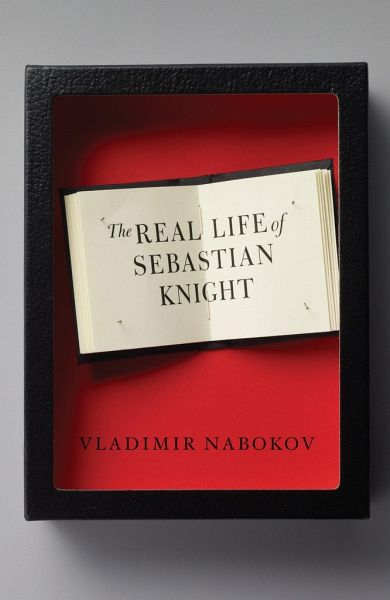Nicht lieferbar

The Real Life of Sebastian Knight
Versandkostenfrei!
Nicht lieferbar
Weitere Ausgaben:
The Real Life of Sebastian Knight is a perversely magical literary detective story -- subtle, intricate, leading to a tantalizing climax -- about the mysterious life of a famous writer. Many people knew things about Sebastian Knight as a distinguished novelist, but probably fewer than a dozen knew of the two love affairs that so profoundly influenced his career, the second one in such a disastrous way. After Knight's death, his half brother sets out to penetrate the enigma of his life, starting with a few scanty clues in the novelist's private papers. His search proves to be a story as intrigu...
The Real Life of Sebastian Knight is a perversely magical literary detective story -- subtle, intricate, leading to a tantalizing climax -- about the mysterious life of a famous writer. Many people knew things about Sebastian Knight as a distinguished novelist, but probably fewer than a dozen knew of the two love affairs that so profoundly influenced his career, the second one in such a disastrous way. After Knight's death, his half brother sets out to penetrate the enigma of his life, starting with a few scanty clues in the novelist's private papers. His search proves to be a story as intriguing as any of his subject's own novels, as baffling, and, in the end, as uniquely rewarding. "Nabokov writes prose the only way it should be written, that is, ecstatically." -John Updike




